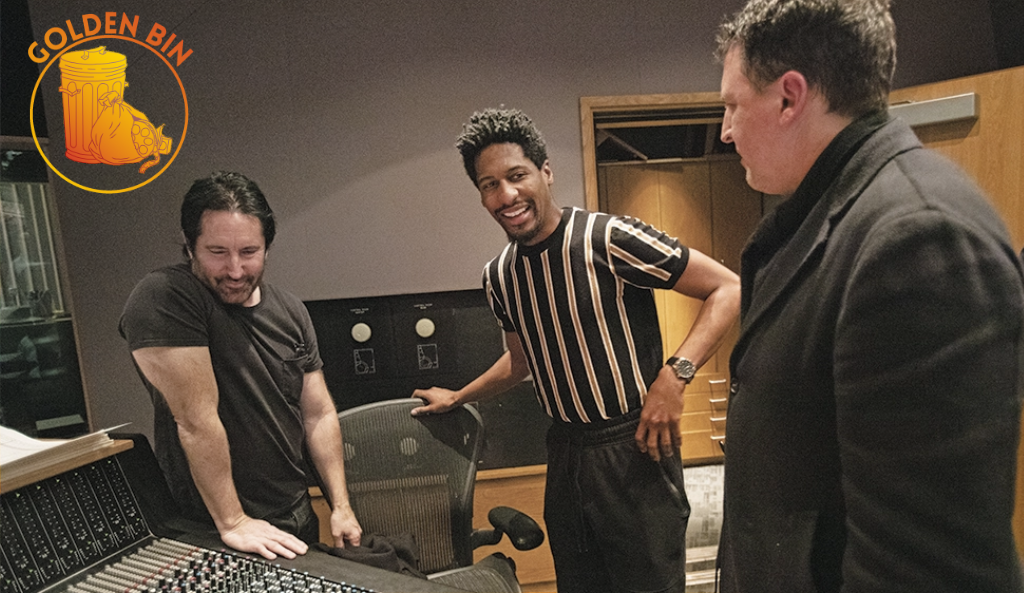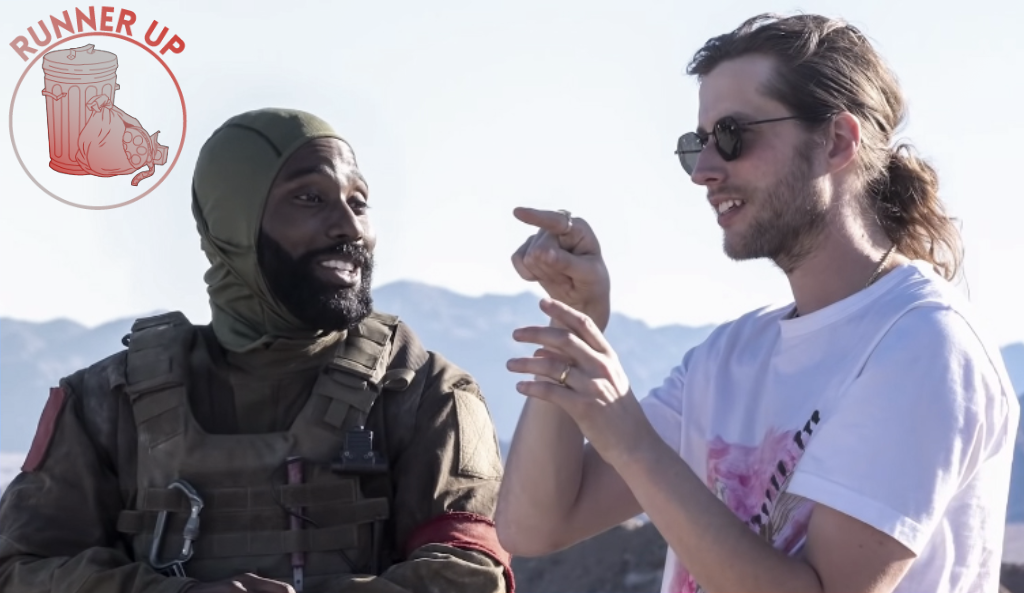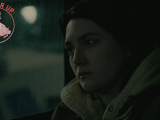
The Golden Bin Awards: Best Original Score
April 7, 2021Music can make or break a movie
In this series based on the Oscars Deathrace series of articles I wrote for The Phoenix News over the last few years, I spotlight my personal picks for this year’s Oscars, as well as some notable snubs.

Winner: Trent Reznor, Atticus Ross, Jon Batiste – Soul
In Soul, Joe Gardner, a down-on-his-luck jazz musician finally gets the chance he’s always wanted to play a gig with big-timers… only to immediately die. In the spirit world, he’s labeled a “mentor” and tasked with helping a yet-unborn soul find its “spark”, the thing that will make it ready to go to earth and become a real person. It’s the story of a man who’s not ready to die bonding with a soul that’s not ready to live. Though it’s not perfect, it’s a beautiful story about finding joy in the smaller things in life, as well as a great send-off for director Pete Doctor.
Soul’s soundtrack is split into two parts. The music used for Joe’s earth-centred story is primarily piano jazz composed by Jon Batiste – perhaps best known as the bandleader for the Tonight Show with Stephen Colbert. The spirit world, on the other hand, makes use of a minimalistic electronic score created by Trent Reznor and Atticus Ross of industrial metal band Nine Inch Nails. While the two styles are certainly distinct, they’re coordinated beautifully, such that neither ever sounds out-of-place.
Batiste’s jazzy tunes fill the role of old standards. “Collard Greens and Cornbread Strut” is a great scene transition song that’s upbeat, triumphant, and suitably frantic when it plays after what Joe considers the highlight of his life. “Born to Play” is a fully-realized theme for the main character – with a reprise later – that communicates Joe’s belief that he was born to play jazz.
Meanwhile, Reznor and Ross’s synthesized spirit world score is closer to modern film music, but still unique. One of the most memorable songs from the film, “The Great Beyond” conveys the immense scope of the vast emptiness that makes up the world of the no-longer living, while “The Great Before” injects a playful energy to represent the childlike natures of the not-yet living.
The film also gives musical themes to its supporting characters. Most notably, Terry (Rachel House), the closest thing Soul has to an antagonist, gets a memorable staccato leitmotif that carries through songs like “Terry Time Too” and “Terry’s World”. The lineup of Reznor, Ross, and Batiste produced one of the most memorable soundtracks of the year, perfectly complementing a movie with music at its soul.

Runner-Up: Ludwig Göransson – Tenet
For his eleventh movie, Christopher Nolan made a grand, high-concept spy movie that accentuates all the director’s best and worst traits. Nolan refused to research what makes a good spy movie, instead relying on his and his actors’ memory to create an homage. John David Washington was cast in a role without a name, a brilliant idea on paper that’s confusing in practice. But the coup-de-grace, the idea Tenet is built around, is Nolan’s unique vision of time-travel. It’s not “time-travel” but rather inversion: objects travelling backwards in time, as we perceive it.
The resulting film is Nolan’s most ambitious, but also his most flawed. One thing that’s not flawed however, is Tenet’s awesome soundtrack from composer Ludwig Göransson.
Fitting with the theme of time moving in different directions, the score to Tenet can be listened to forwards as well as backwards. Nearly every track is not only listenable in both directions, but actively used this way in the film.
Tenet never hides when its characters are moving through time the wrong way. Similarly, Göransson’s score reversed sounds like music played backwards. The compositions sit in an audio uncanny valley in which the music doesn’t quite sound right, but still sounds like a film score. “The Protagonist”, the penultimate song (or second, depending on which version of the soundtrack you listen to) on the soundtrack, is the best example, with both versions serving as a theme for Washington’s character, but the reversed version having a touch more ambiance and audio effects. Within a single song, Göransson neatly sums up the protagonist’s journey, and does so in a way unlike any other film score.
Tenet’s soundtrack does more work than most movie scores and is one of the most innovative uses of film music since Inception.
It’s easily the best part of arguably the biggest movie of 2020.
Honourable Mentions:
Nick deWitt – French Exit, Enis Rotthoff – Guns Akimbo, Taylor Swift – Folklore: The Long Pond Studio Sessions

